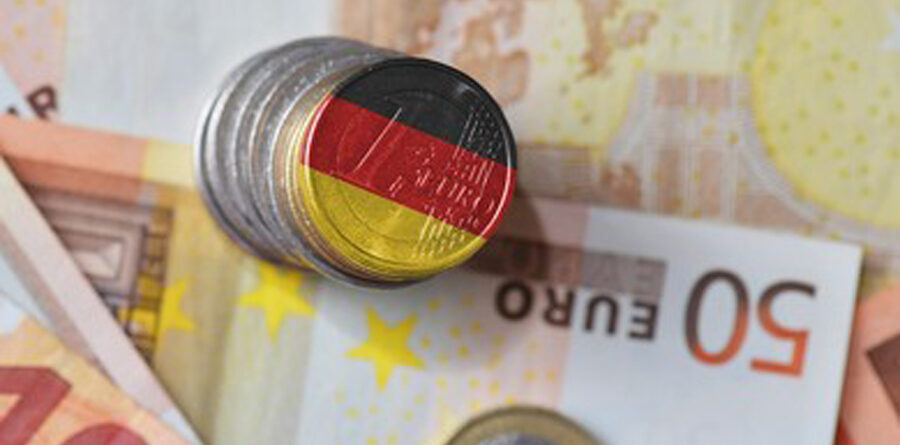Germany’s $400 Billion Pension Fund Eyes Capital Markets Boost
Germany’s future government plans to let the country’s pension system invest in the capital markets for the first time in what would be a small revolution in how Europe’s largest economy manages money for its growing ranks of retirees.
Negotiators for the Social Democrats, Greens and the market-oriented Free Democrats are seeking to hammer out details that would allow the $400 billion pension system to start investing some of its reserves into stocks and bonds, which would bring it more in line with other advanced economies.
The potential ruling coalition would bolster the system’s resources with 10 billion euros ($11.6 billion) “as a first step,” according to a statement tucked inside the 12-page political roadmap agreed last month by the three parties.
While details are still tentative, any capital for investments would be small enough to be palatable for all three parties and avoid public concerns over a more aggressive overhaul, according to people familiar with the negotiations.
Germany’s pension system doles out the equivalent of about 10% of the country’s annual output and is currently financed by taking a slice of workers’ wages, with the state making up any shortfall. The system is badly in need of reform as the population ages.
Olaf Scholz, who is in pole position to succeed Angela Merkel as chancellor, campaigned on maintaining Germany’s retirement age and securing pension benefits. That puts a lot of momentum behind efforts to prop up the system.
Germany’s pension insurance scheme, known as Deutsche Rentenversicherung, collected about 328 billion euros last year from workers and then paid out 333 billion euros to pensioners, according to its website. Spending is projected to rise to 394 billion euros in 2025.
Read more @Yahoo Finance
272 views










